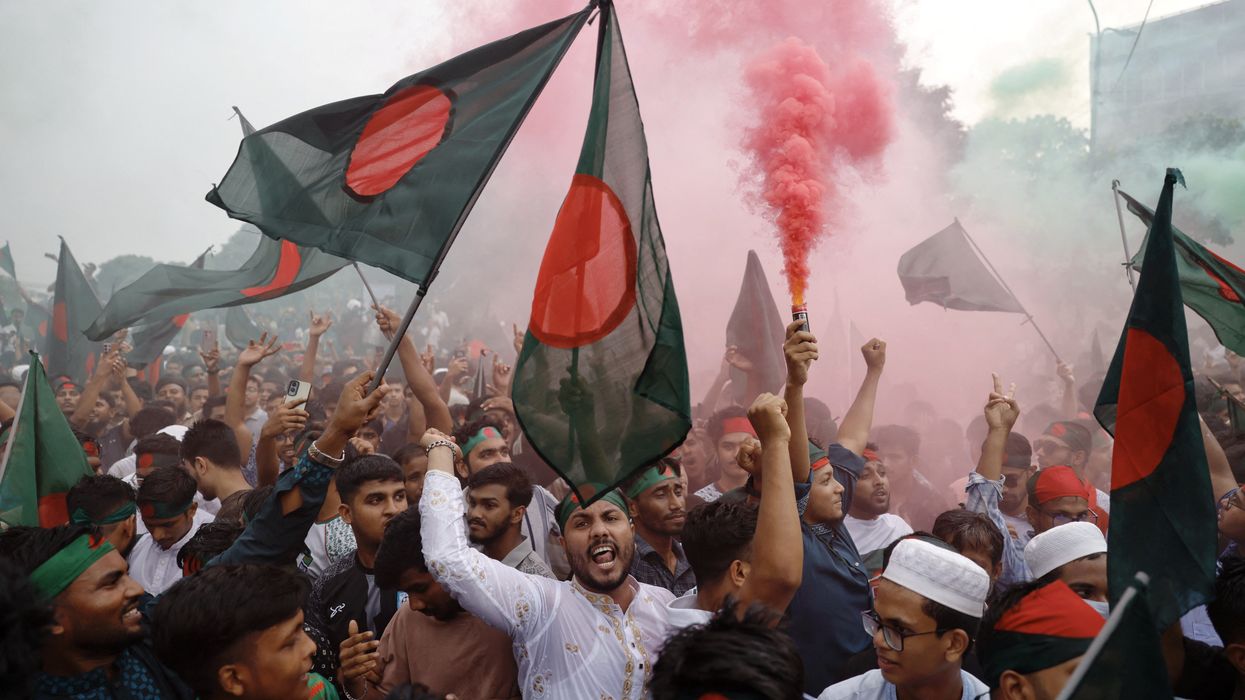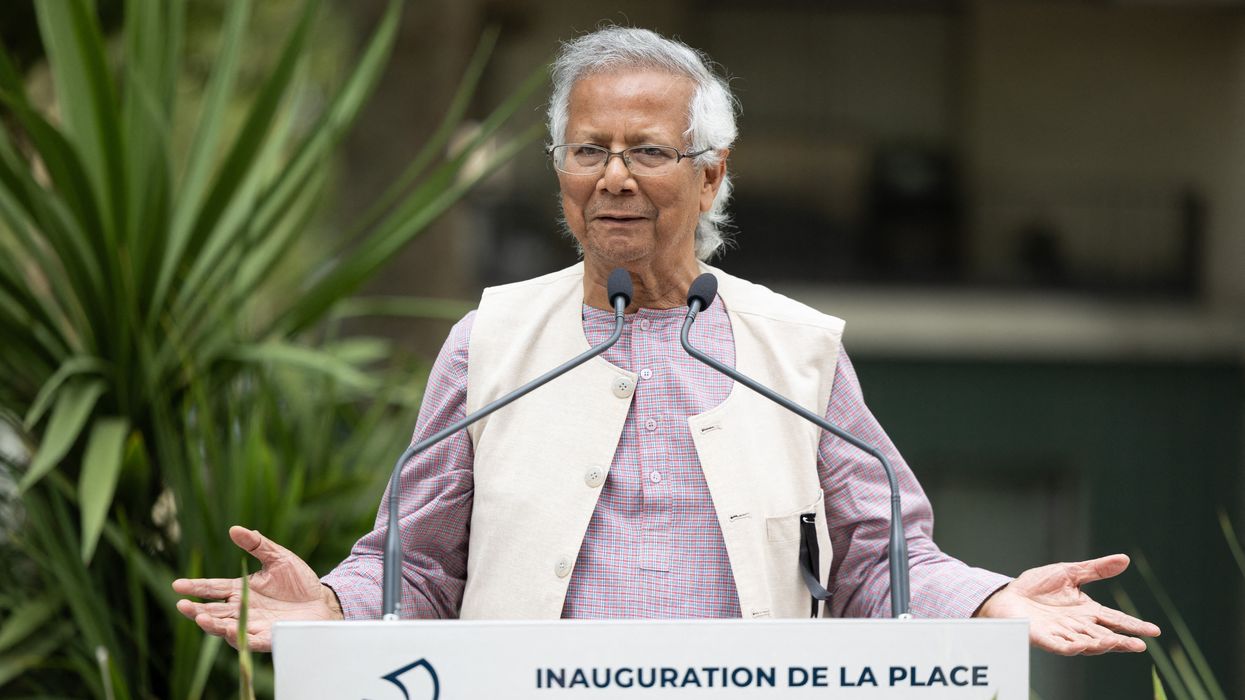Analysis
Bangladesh a year later: democracy is easier said than done
Earlier this week, thousands of people flooded the streets in Bangladesh’s capital of Dhaka to mark the one-year anniversary of a student-led protest movement that brought an end to 15 years of rule under former Prime Minister Sheikh Hasina.
Aug 07, 2025



